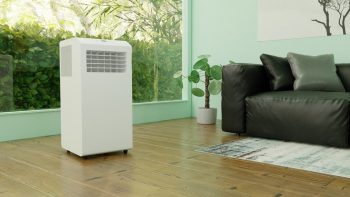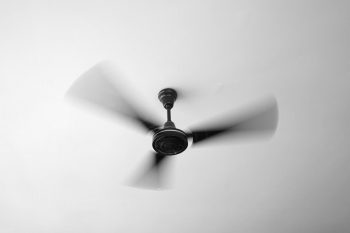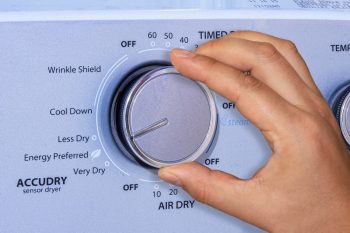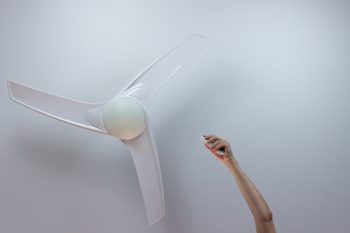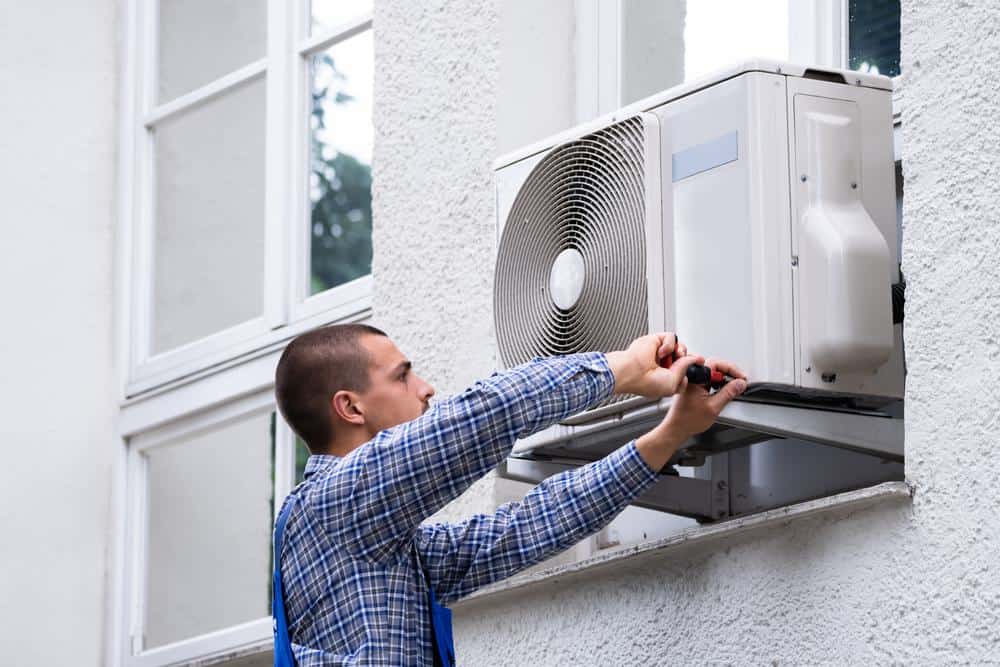
Window air conditioners are a fantastic solution to keep your living spaces cool and comfortable, especially during the hot summer months. However, like all appliances, they have a limited lifespan and will eventually need to be replaced. But how do you know when it’s time to replace your window air conditioner? In this comprehensive guide, we will cover everything you need to know about when and why you should consider replacing your window air conditioner.
Typically, a window air conditioner should be replaced every 8 to 10 years. However, if your unit is not cooling effectively, making unusual noises, causing high energy bills, or producing mold and odors, it may be time for a replacement. Regular maintenance can help extend its lifespan, but a failing unit can lead to health risks and energy inefficiency.
Signs Your Window Air Conditioner Needs to be Replaced
There are several clear signs that your window air conditioner may need to be replaced:
- Age: Typically, window air conditioners last between 8 to 10 years. If your unit is close to or older than this range, it might be time to consider a replacement.
- Decreased Performance: If your air conditioner is struggling to cool the room or takes longer than usual to reach the desired temperature, it could be a sign that it’s time for a new one.
- Unusual Noises: Strange noises from your unit could indicate problems with the internal components.
- Mold and Odor Issues: Over time, mold can accumulate in the unit, producing a musty smell. If cleaning the filter doesn’t resolve the issue, it might be time for a replacement.
- High Energy Bills: Old and inefficient units can consume more energy, leading to increased electricity bills.
The Risks of Not Replacing a Failing Window Air Conditioner
Failing to replace a deteriorating air conditioner can result in several risks. These include health concerns due to poor air quality, increased energy costs due to inefficiency, unexpected failure during extreme weather, potential fire hazards, and environmental impact due to refrigerant leaks.
Extending the Lifespan of Your Window Air Conditioner
Regular maintenance can significantly extend the lifespan of your window air conditioner. This includes cleaning or changing the air filters, keeping the outdoor unit clear of debris, and performing yearly service check-ups.
Recommended Brands for Replacement Window Air Conditioners
When it’s time to replace your window air conditioner, consider these reputable brands: Midea, Frigidaire, Windmill AC, LG, GE, Haier, and Friedrich. Each of these brands offers models with high energy efficiency, quiet operation, and additional features like Wi-Fi capabilities and remote control.
Conclusion
Knowing when to replace your window air conditioner can save you money, improve your comfort, and ensure a healthier living environment. If your window air conditioner is showing signs of aging or malfunction, consider investing in a new, energy-efficient model. As always, regular maintenance can help extend the lifespan of your unit, providing you with cool and comfortable living spaces for many years to come.
Frequently Asked Questions
How often should I clean or change the air filters in my window air conditioner?
The air filters in your window air conditioner should be cleaned or replaced every 1 to 2 months during the cooling season. If the unit is operated in a dusty environment or has heavy usage, it may need more frequent cleaning or replacement.
What are some energy-efficient features to look for when replacing my window air conditioner?
Look for window air conditioners with features like programmable timers, energy-saving modes, and high Energy Efficiency Ratio (EER) ratings. Models that are ENERGY STAR certified typically exceed federal energy efficiency standards.
How can I reduce the risks of mold and odor issues in my window air conditioner?
Regular cleaning can help prevent mold and odor issues. This includes cleaning the filter, evaporator, and condenser coils. Using a dehumidifier in humid environments can also help reduce the chances of mold growth.
How can I dispose of my old window air conditioner responsibly?
Many municipalities and retailers offer recycling programs for old air conditioners. These programs ensure that harmful refrigerants are properly recovered and recycled, and other components like metals and plastics are also recycled. Always check with your local waste disposal facility for specific instructions.

